The soaring popularity of essential oils for their myriad benefits—from aromatherapy to natural healing—cannot be overstated. However, with their widespread use comes a crucial need for awareness about certain oils that could pose significant risks when used in domestic environments. Essential oils, concentrated plant extracts, are powerful substances that can profoundly affect health and well-being. While many are safe and beneficial, some can be hazardous, especially to children, pets, and those with specific health conditions. This article delves into the essential oils that are best avoided at home, shedding light on their potential dangers and providing safer alternatives to ensure the well-being of all household members.
Contents
- 1 Eucalyptus Oil: A Risk for Children and Pets
- 2 Wintergreen Oil: The Hidden Dangers
- 3 Citrus Oils: Photosensitivity and Furniture Damage
- 4 Peppermint Oil: Not as Safe as You Think
- 5 Camphor Oil: Toxicity Concerns
- 6 Tea Tree Oil: A Cautionary Tale
- 7 Cinnamon Oil: Powerful but Problematic
- 8 Pennyroyal Oil: Extremely Hazardous
- 9 Final Thoughts
Eucalyptus Oil: A Risk for Children and Pets
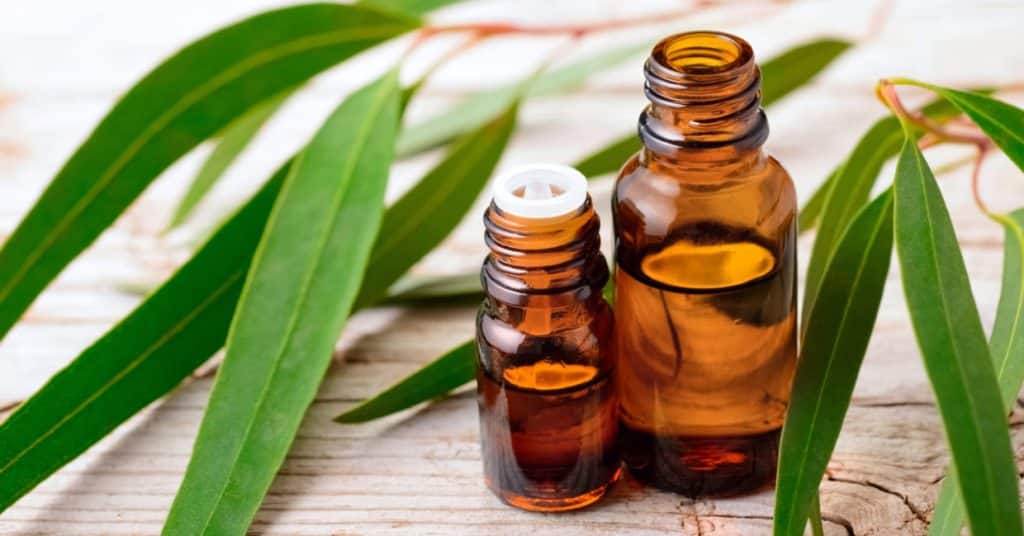
Eucalyptus oil, widely acclaimed for its clear, refreshing aroma and used in countless products, harbors risks that are not commonly known. Inhaling its strong scent or applying it topically can lead to respiratory distress, particularly in young children and pets. Cases have been documented where exposure has led to breathing difficulties, coughing, and wheezing, highlighting the need for caution.
Despite its benefits in adult use, particularly for clearing congestion, its safety in young children’s environments has been questioned. Alternatives like lavender and chamomile oils offer a safer route, providing soothing aromas without the associated risks and ensuring a family-friendly atmosphere in the home.
Wintergreen Oil: The Hidden Dangers
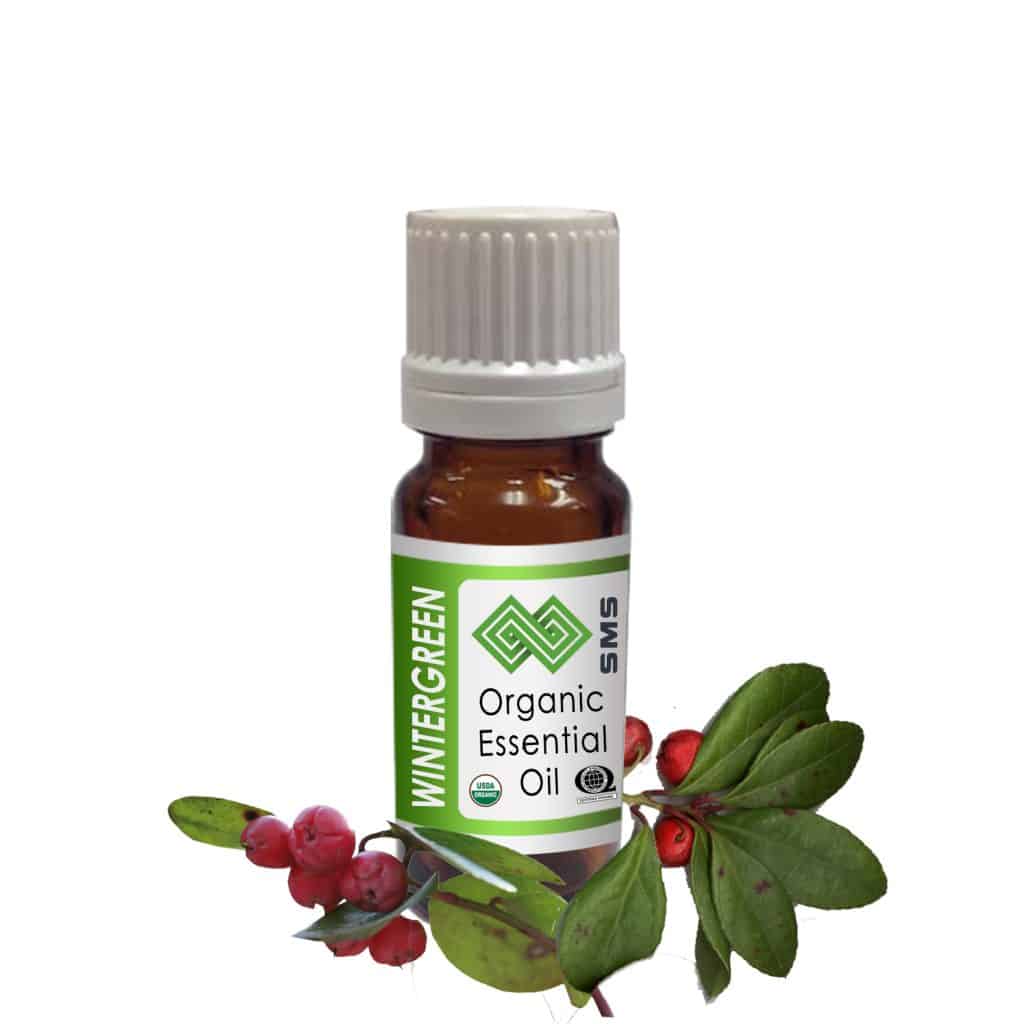
Wintergreen oil, with its sweet, minty scent, is often found in pain relief formulations. However, its main component, methyl salicylate, is akin to aspirin. When ingested, it can lead to severe health complications, including poisoning. The risk is particularly acute in households with children or pets, who may accidentally ingest products containing this oil.
The allure of its fragrance and therapeutic claims can often overshadow the potential dangers. As a precaution, minty oils like spearmint or peppermint, used with caution, can provide similar sensory experiences without the toxic risks, ensuring safety without compromising on the aroma.
Citrus Oils: Photosensitivity and Furniture Damage
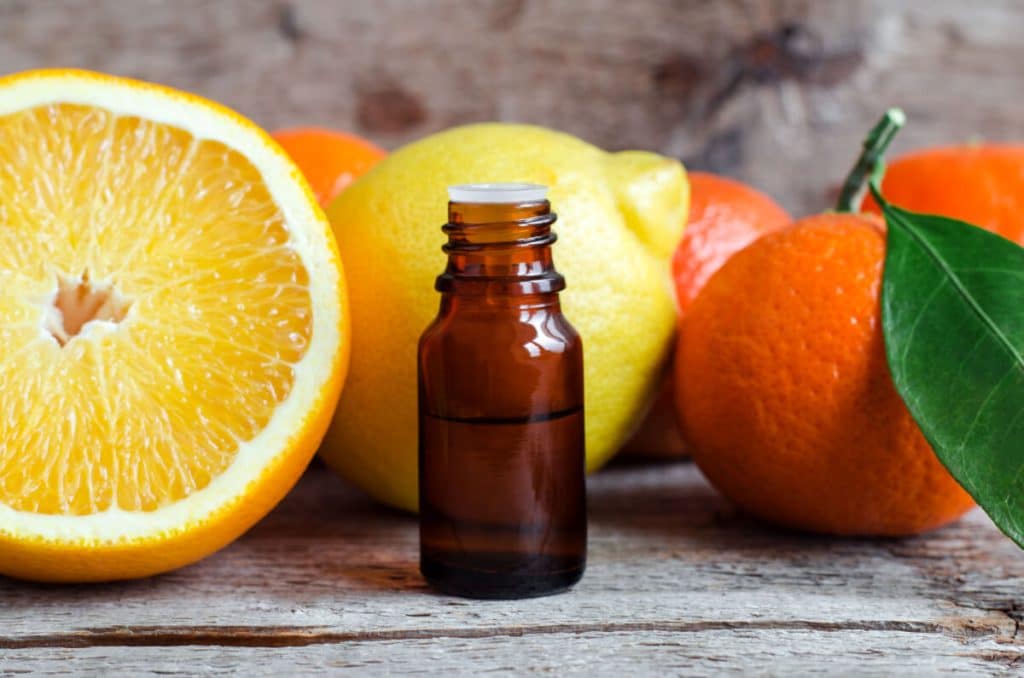
Citrus oils, celebrated for their uplifting and energizing scents, come with their own set of challenges. Photosensitivity, a heightened sensitivity to sunlight resulting from skin exposure to these oils, can lead to severe sunburns and skin irritation. This reaction underscores the importance of careful use, particularly in skincare products.
Moreover, citrus oils’ solvents can degrade varnished surfaces and plastics, a lesser-known effect that can lead to damage in the home. Seeking out non-phototoxic alternatives or using citrus oils in diffusers rather than topical applications can mitigate these risks, preserving both skin health and home furnishings.
Peppermint Oil: Not as Safe as You Think
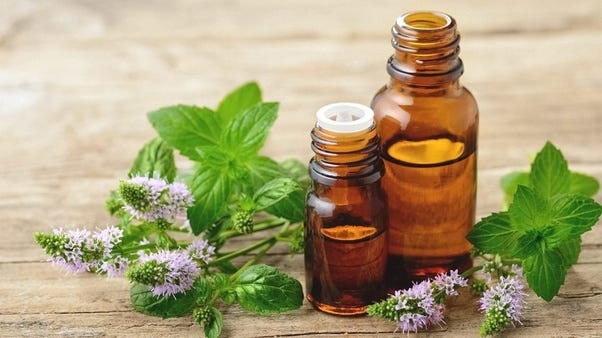
Peppermint oil is lauded for its refreshing scent and stimulating properties. However, its use around infants and pets warrants caution. Inhaling or ingesting peppermint oil can lead to respiratory distress in these vulnerable populations, with cases of difficulty breathing and other respiratory issues reported.
Acknowledging these risks is vital in maintaining a safe home environment. Alternative essential oils, such as eucalyptus (for adults) and lavender, offer the freshness and aromatic benefits of peppermint without the associated health concerns, making them suitable for use in family spaces.
Camphor Oil: Toxicity Concerns

Camphor, an ingredient in many medicinal and aromatic products, possesses a distinctive smell and cooling sensation. However, its toxicity, particularly when ingested or absorbed through the skin, raises significant health concerns. Symptoms of camphor poisoning include nausea, vomiting, and, in severe cases, seizure.
The risks associated with camphor oil make it imperative to seek alternatives for relaxation and cold relief. Essential oils like lavender and rosemary provide therapeutic benefits without toxic effects, ensuring the safety of all household members, especially children.
Tea Tree Oil: A Cautionary Tale
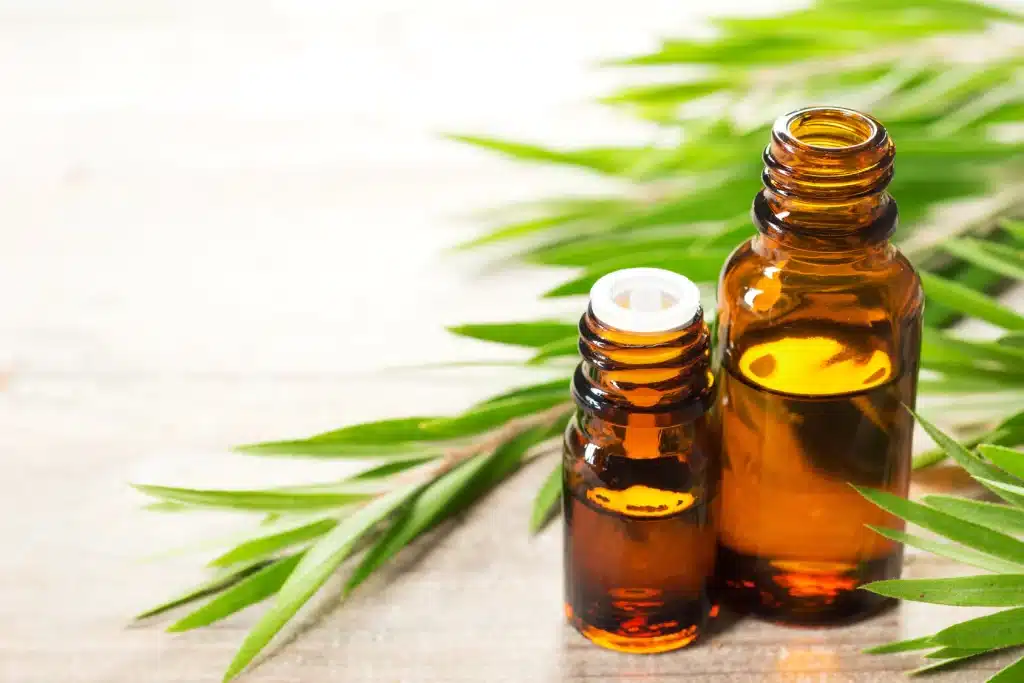
Tea tree oil, often touted for its antiseptic properties, can be toxic to pets, particularly cats and dogs if ingested or applied topically in undiluted form. Symptoms of toxicity include weakness, incoordination, and muscle tremors, highlighting the need for caution in its use.
The popularity of tea tree oil for its health benefits must be balanced with awareness of its potential dangers. Alternatives that offer antiseptic benefits without the risk to pets include chamomile and lavender oils, ensuring the health and safety of all household members.
Cinnamon Oil: Powerful but Problematic
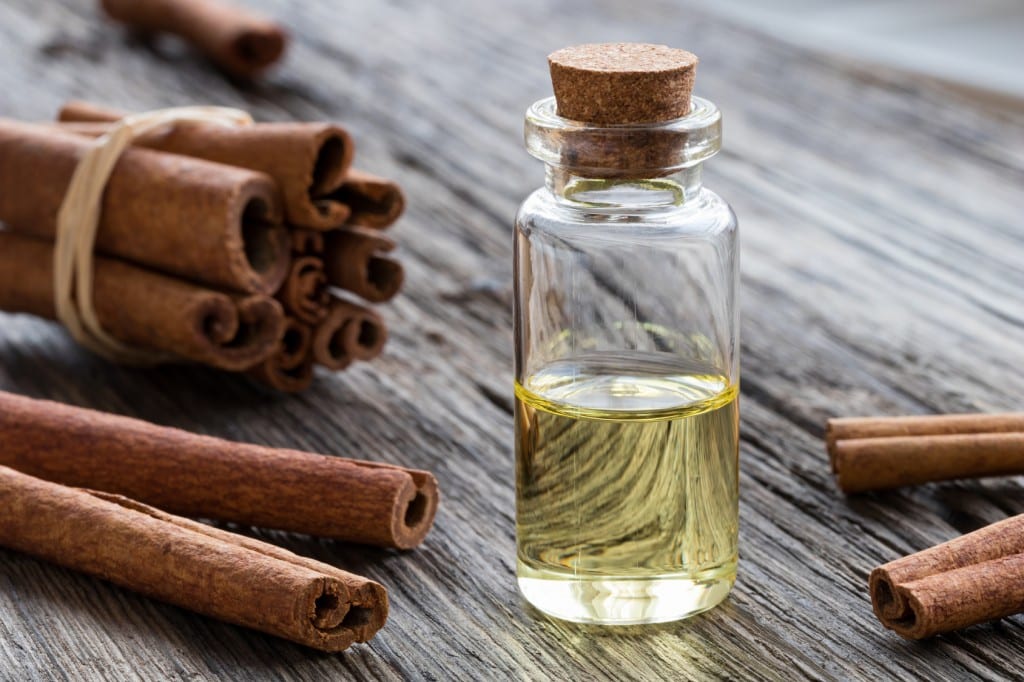
Cinnamon oil, with its warm, inviting scent, is a popular choice for home aromatherapy. However, its powerful nature can also cause skin irritation and allergic reactions when used topically or diffused in high concentrations. The mucous membranes are particularly susceptible to irritation, leading to discomfort and potential respiratory issues.
The allure of cinnamon oil’s aroma and its associated warm feelings should be weighed against these potential adverse effects. Safer alternatives, such as sweet orange or cardamom essential oils, can evoke a similarly cozy atmosphere without the risk of irritation, making them more suitable for use in a home environment.
Pennyroyal Oil: Extremely Hazardous
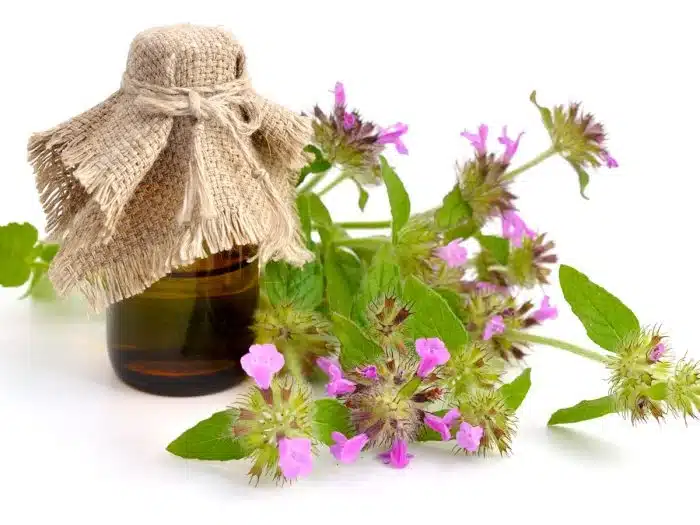
Pennyroyal oil, derived from the pennyroyal plant, has been historically used for its flea-repelling properties and as a natural pest deterrent. However, its toxic effects, especially on pregnant women and pets, cannot be overstated. Ingestion or topical application can lead to severe liver and nervous system damage, highlighting its dangers in a domestic setting.
Given the extreme risks associated with pennyroyal oil, its use should be avoided entirely. Safer pest control alternatives include cedarwood and lemongrass essential oils, which offer effective insect-repelling properties without hazardous side effects. These oils ensure a safer home environment for everyone, especially the most vulnerable.
Final Thoughts
Navigating the world of essential oils requires not only an appreciation for their aromatic and therapeutic benefits but also an awareness of their potential risks. This article has highlighted several essential oils that, despite their popular uses, pose risks when used in domestic settings. By opting for safer alternatives and exercising caution, especially around vulnerable populations such as children and pets, one can enjoy the benefits of essential oils without compromising safety. It’s crucial to research and consult professionals when incorporating essential oils into your home, ensuring a safe and harmonious environment for all.
